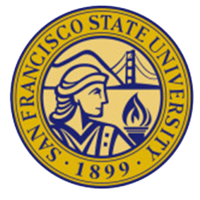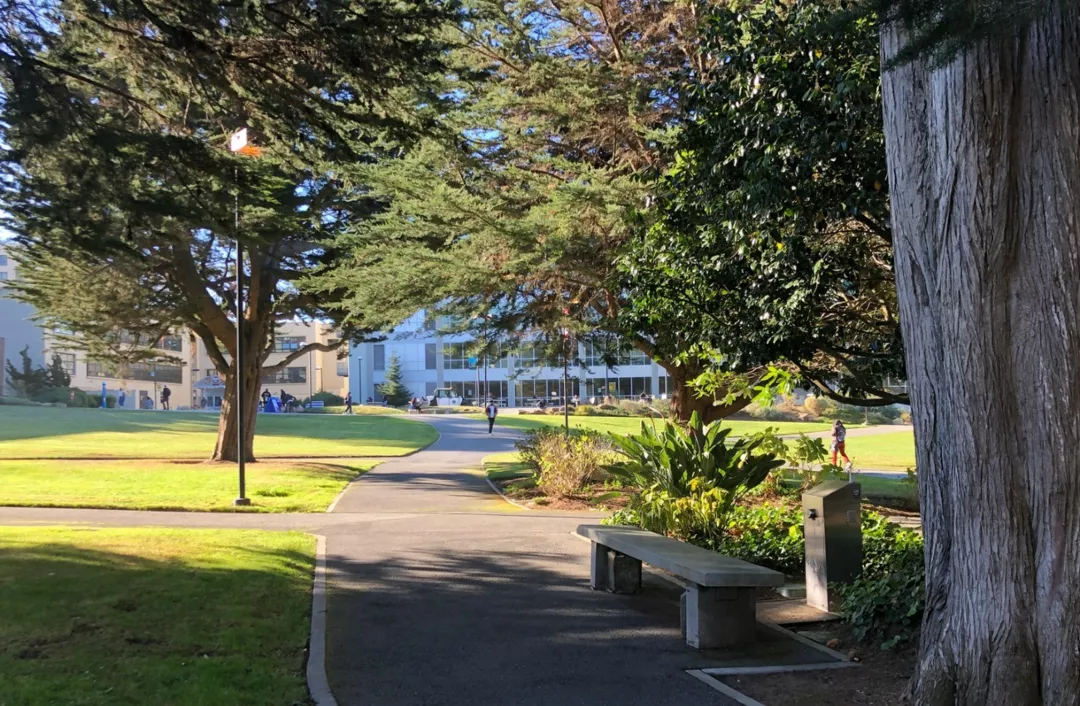-
hello@abroadcube.com
Mail us
-
Call For Help:
98779 83783
-
Whatsapp Us
70090 34921


Based on the premise that policy and administration must be understood in relation to each other, the Master of Public Administration (MPA) program instills an appreciation for public service values such as accountability, civic engagement, equity, social justice, and sustainability.
The core of the MPA program seeks to develop foundational knowledge and analytical skills in public policy, public administration, and research. Beyond the core, the program develops student knowledge and understanding of management perspectives. In addition, the program offers eight elective themes to guide course selection for student specialization. They are criminal justice administration, environmental administration, gerontology administration, nonprofit administration, public management, public policy, and urban administration. Students may also self-design a theme by choosing courses relevant to their professional interests offered by other departments and programs throughout the University.
The MPA program welcomes applications from qualified individuals who have a passion for public service, are looking to enhance their professional skills and knowledge, and intend to serve as effective, ethical, and innovative leaders. Applicants with work experience relevant to the public and nonprofit sector and those with a demonstrated commitment to civic engagement are especially encouraged to apply.
Well-trained, competent, and ethical professionals are in high demand in all sectors. Graduates from the MPA program emerge with proficiency in theoretical foundations of public administration, a combination of technical professional skills and soft leadership skills and high levels of analytical competency. They graduate with a portfolio of applied field projects that demonstrate those skills and competencies. Graduates serve in a wide array of local, state, and federal government agencies, domestic and international nonprofit organizations, and research and consulting firms. A few pursue Ph.D.s at other universities to enter into a career in higher education.
| Level | Masters |
| Discipline | Arts and Humanities |
| Duration | 36 months |
| Intakes | Jan, Aug |
| Application Fees | USD 0 |
| Tuition Fees | USD 13512 |
| Campus | Main |
| Language proficiency (minimum) | |
| IELTS | 6.5 |
|---|---|
| TOEFL | 80 |
| PTE | 59 |
| Duolingo | 120 |
| Exam proficiency (minimum) | |
| SAT | Not Required / Waiver |
|---|---|
| ACT | Not Required / Waiver |
| GRE | Not Required / Waiver |
| GMAT | Not Required / Waiver |
Minimum GPA - 77%
QS Quacquarelli Symonds is the world’s leading provider of services, analytics, and insight to the global higher education sector, whose mission is to enable motivated people anywhere in the world to fulfil their potential through educational achievement, international mobility, and career development.
THE (Times Higher Education) has been providing trusted performance data on universities for students and their families, academics, university leaders, governments and industry, since 2004. We create university rankings to assess university performance on the global stage and to provide a resource for readers to understand the different missions and successes of higher education institutions.
The Academic Ranking of World Universities (ARWU) was first published in June 2003 by the Center for World-Class Universities (CWCU), Graduate School of Education (formerly the Institute of Higher Education) of Shanghai Jiao Tong University, China, and updated on an annual basis
The "Webometrics Ranking of World Universities" is an initiative of the Cybermetrics Lab, a research group belonging to the Consejo Superior de Investigaciones Científicas (CSIC), the largest public research body in Spain. CSIC is among the first basic research organizations in Europe. The CSIC consisted in 2006 of 126 centers and institutes distributed throughout Spain.


